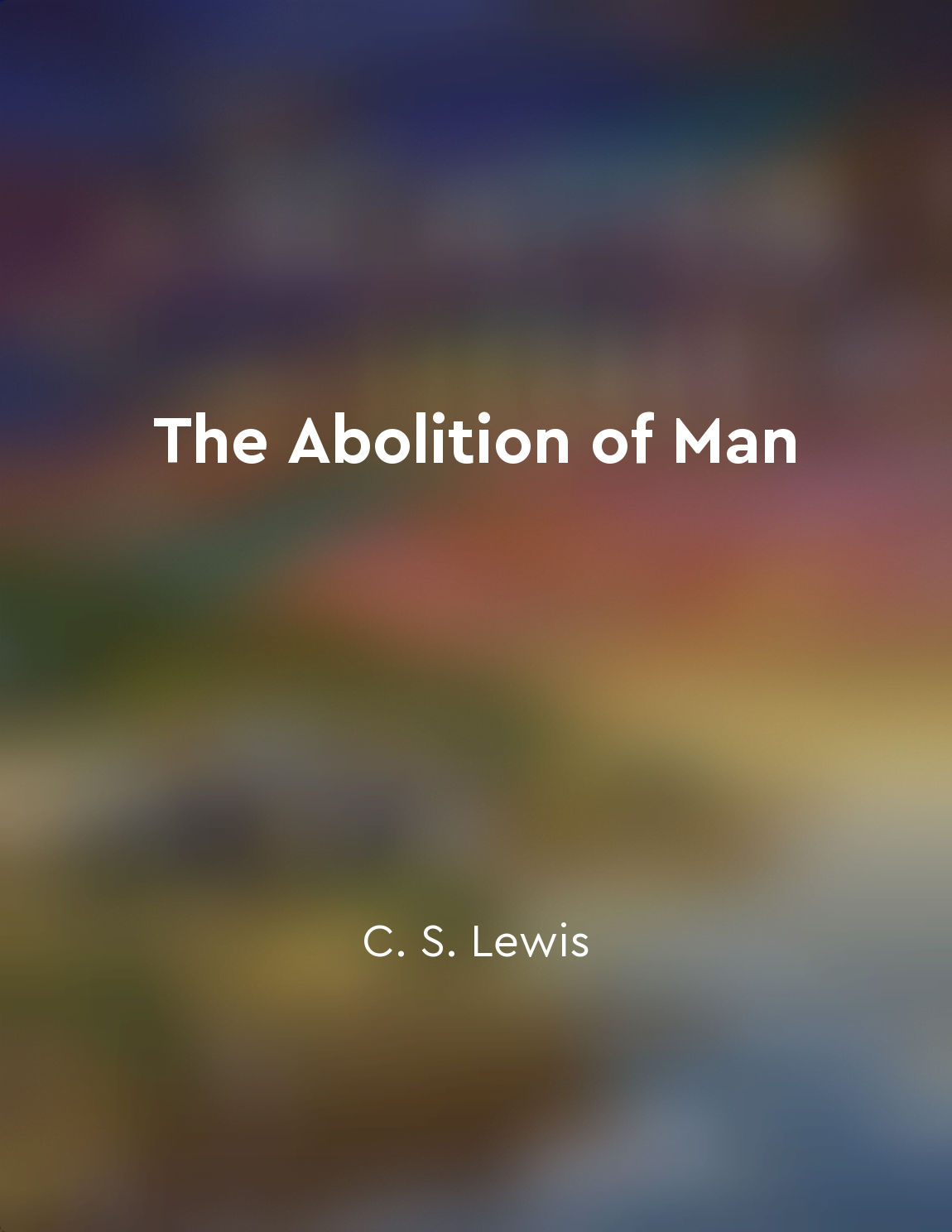Critique of practical reason sets aside theoretical uncertainties for moral duty from "summary" of Critique of Pure Reason by Immanuel Kant
Practical reason, unlike theoretical reason, is concerned with determining how we ought to act in the world. It is not preoccupied with speculative knowledge or theoretical uncertainties, but rather with identifying our moral duties. According to Kant, practical reason is guided by the moral law, which he argues is a priori and universal in nature. This moral law, or the categorical imperative, serves as the foundation for our moral duties and obligations. In the realm of practical reason, we are called to set aside any doubts or uncertainties that may arise from theoretical reason. While theoretical reason may be limited in its ability to provide us with definitive answers, practical reason demands that we act in accordance with our moral duties regardless. This means that even if we may not have all the answers or fully understand the consequences of our actions, we are still obligated to act in a way that is morally upright. Kant emphasizes the importance of autonomy in moral decision-making, suggesting that we have the ability to reason and determine our own moral duties. This autonomy allows us to exercise our practical reason and act in accordance with the moral law, independent of external influences or personal desires. By focusing on our moral duties and obligations, we are able to cultivate a sense of moral responsibility and integrity in our actions.- The critique of practical reason underscores the significance of prioritizing moral duty over theoretical uncertainties. It challenges us to set aside any doubts or hesitations that may arise from theoretical reasoning and instead focus on what is morally right. By adhering to the moral law and acting in accordance with our duties, we are able to lead a life that is guided by moral principles and ethical considerations.
Similar Posts
Humans are a product of evolutionary processes
The evidence supporting the theory of evolution is overwhelming. By examining the fossil record, scientists have been able to t...

System 2 requires conscious effort and attention
System 2, as I have explained, is the slower, more deliberate mode of thinking that requires conscious effort and attention. Wh...
Moral principles are objective and apply universally, regardless of individual preferences
Moral principles, according to the philosophy of Immanuel Kant, are not subject to personal preferences or individual whims. Ra...
Political liberalism
Political liberalism involves a particular way of thinking about justice and the principles of a just society. It is based on t...
Freedom is necessary for moral responsibility
In order to understand the concept that freedom is necessary for moral responsibility, we must first consider the nature of mor...
Adaptability and growth lead to a fulfilling life
The idea that adaptability and growth are crucial to a satisfying existence is not a novel one. It is a concept that has been r...

Moral education is essential for cultivating virtuous individuals
In order to cultivate virtuous individuals, moral education is indispensable. Through the process of moral education, individua...

The value of cultivating a sense of wonder and awe
The cultivation of a sense of wonder and awe holds immense value in the human experience. When individuals are able to look upo...
Emotions play a significant role in human behavior
Emotions are the driving force behind human behavior, influencing our thoughts, actions, and decisions in profound ways. It is ...

Rationality involves maximizing expected utility
The rationality of an individual can be understood through the lens of expected utility maximization. This concept posits that ...

